
The Bono East Regional Fisheries Commission has initiated comprehensive measures and specialized projects to fortify fish production in the region.
The Commission is actively engaged in training fish farmers to independently produce fingerlings, formulate local fish feed for cost reduction, and impart knowledge on proper and hygienic fish handling practices.
One notable intervention involves the region’s participation in the government’s flagship program – “Aquaculture for Food and Jobs.”
This initiative, designed to foster aquaculture production and create employment opportunities for the region’s youth, aligns with the Commission’s commitment to boosting the local aquaculture sector.
The Commission is also dedicated to recruiting new fish farmers as part of its strategy to increase the overall farmer population.
These recruits undergo training not only in fish farming techniques, but also in effective marketing strategies to enhance their ability to promote and sell their products successfully.
According to data provided by the Bono East Regional Fisheries Commission, the region achieved a fish production of 77.93 metric tonnes in 2021 out of the national production of 89,375.48 metric tonnes.
However, there was a decline in 2022, with the region contributing 36.2 metric tonnes. It’s worth noting that the 2022 national aquaculture production figures are pending certification by the Food and Agriculture Organisation (FAO).
To further streamline and organize fish production efforts, the region has categorized its fish production districts into four zones: Techiman Zone, Nkoranza Zone, Kintampo Zone, and Atebubu-Amantin Zone.
Each zone is actively involved in fish production, contributing to the overall output of the region.
In 2022, the Techiman Zone recorded a fish production of 21.3 metric tonnes, with 5.30 metric tonnes of tilapia and 16 metric tonnes of catfish.
Similarly, the Nkoranza Zone achieved a total fish production of 7.2 metric tonnes, comprising 1.5 metric tonnes of tilapia and 5 metric tonnes of catfish. The Kintampo Zone contributed 7.7 metric tonnes, including 2.7 metric tonnes of tilapia and 5 metric tonnes of catfish.
With 104 fish farmers managing 213 fishponds across the four zones, the region is making concerted efforts to expand its aquaculture footprint.
While the Techiman Zone boasts 49 farmers with 130 fishponds, the Nkoranza Zone accommodates 30 farmers with 26 fishponds. Additionally, the Atebubu-Amantin Zone, newly introduced to fish farming in 2023, currently has two farmers with three fishponds.
The Bono East Regional Fisheries Commission’s multifaceted approach underscores its commitment to fortifying the aquaculture sector, ensuring sustainable practices, and ultimately contributing to the economic development of the region.
As the region endeavours to introduce additional districts to fish farming, the commission aims to alleviate challenges faced by fisher folk during closed seasons and foster a thriving and resilient aquaculture industry.
The post Bono East introduces steps to boost fish production appeared first on The Chronicle News Online.
Read Full Story
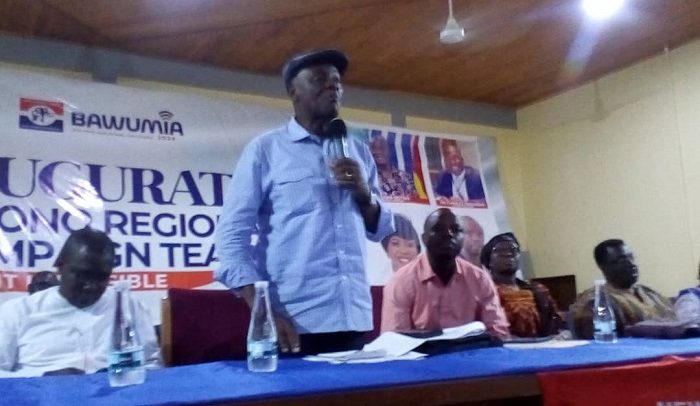
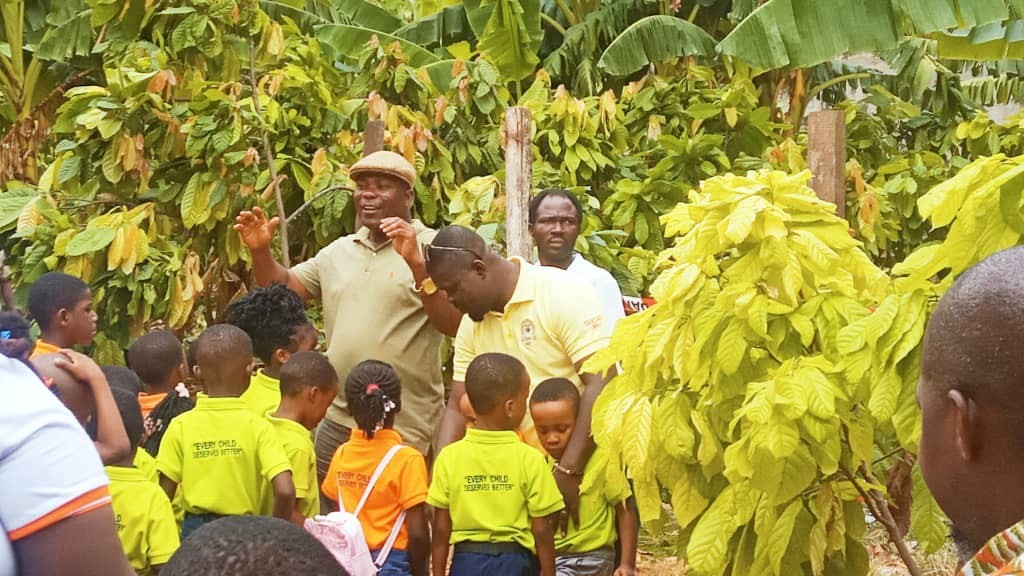
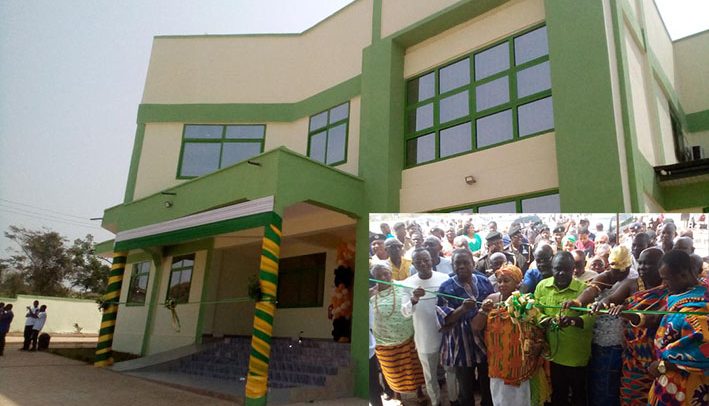


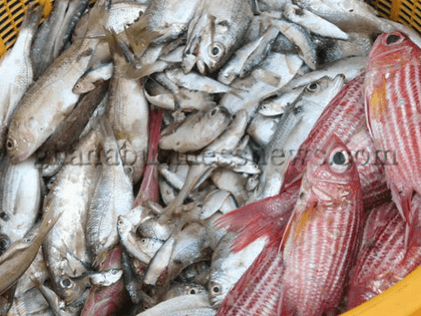












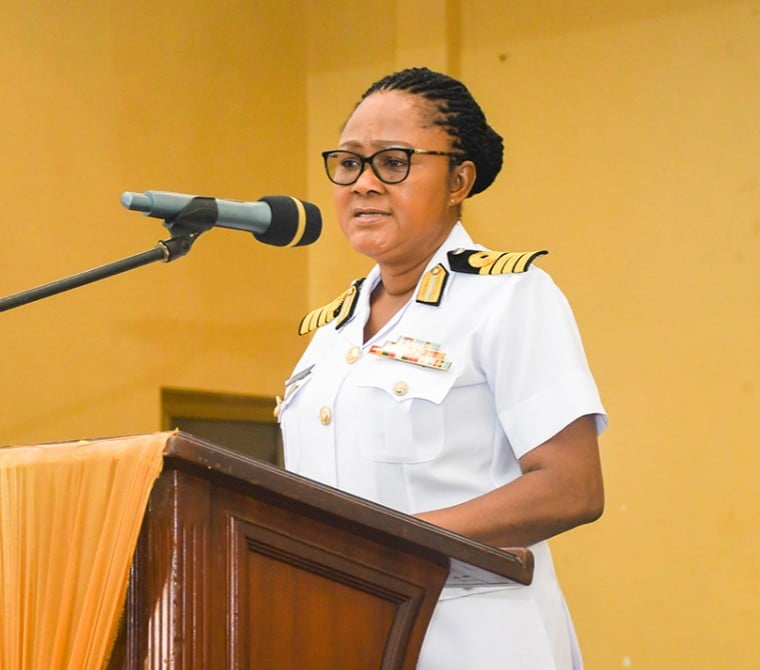





Facebook
Twitter
Pinterest
Instagram
Google+
YouTube
LinkedIn
RSS